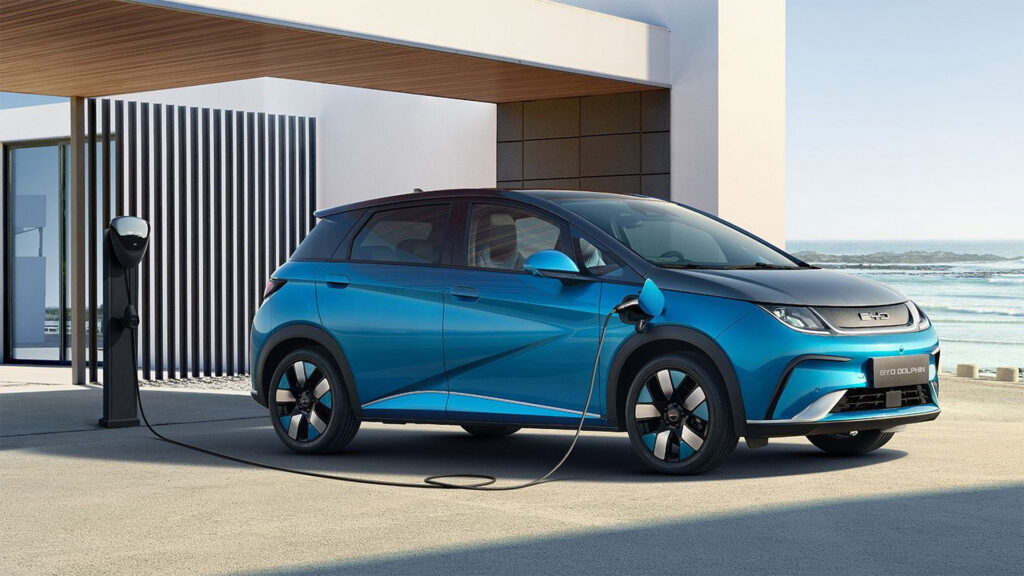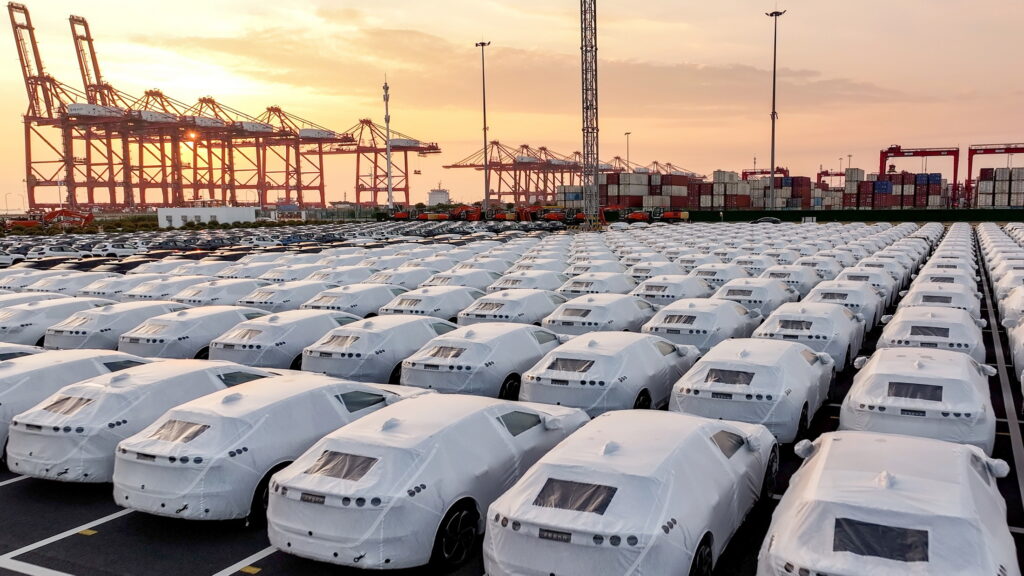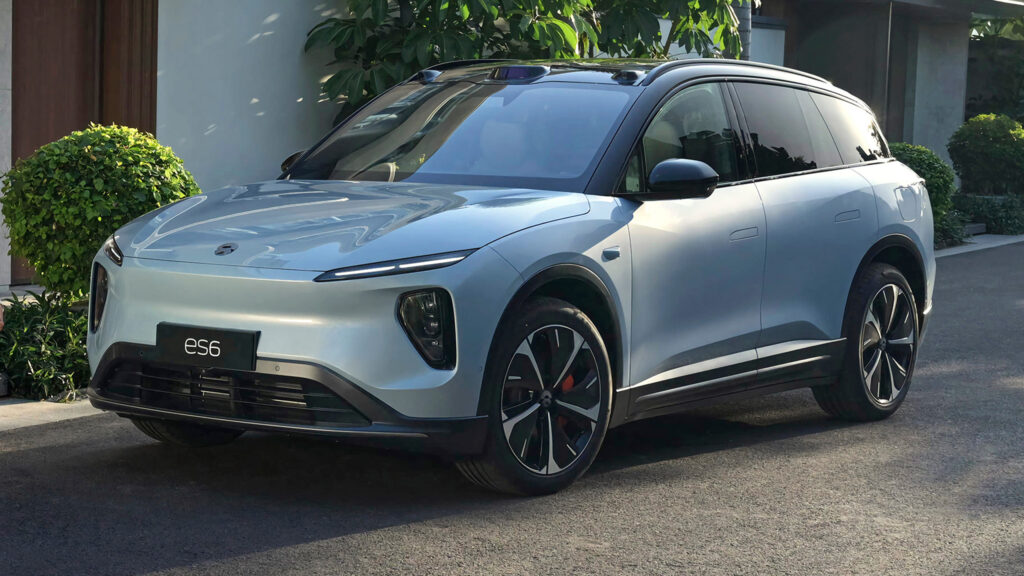- Canadian Prime Minister Justin Trudeau says steps will be taken to protect the local auto industry.
- The U.S. has quadrupled tariffs on Chinese EVs, while Europe has increased them by up to 38.1%.
- CA$2.2 billion worth of EVs were exported from China to Canada last year.
The Canadian government could follow the lead of the U.S. and the European Union in slapping Chinese-built electric vehicles with new tariffs, in a bid to protect local industries and jobs.
In May, the Biden administration announced tariffs on Chinese-made EVs would swell to 100% while earlier this month, the European Union revealed levies on Chinese EVs would be increased by as much as 38.1% on top of the existing 10% tariff. Last week, Ontario Premier Doug Ford pleaded with Canadian Prime Minister Justin Trudeau to at least match U.S. tariffs, claiming that “unless we act fast, we risk Ontario and Canadian jobs.”
Read: Trudeau Won’t Say If Canada Will Hit Chinese EVs With Tariffs Like U.S.
Trudeau has acknowledged that he is monitoring the actions of other countries and has had discussions about EVs made in China during the recent Group of Seven leaders meeting in Italy. However, no official moves have been made yet, and Canada needs to proceed cautiously, or it may face retaliatory measures from China.
A growing number of EVs manufactured in China are being sold in Canada. In 2022, these vehicles tallied CA$2.2 billion ($1.6 billion), a huge spike from less than CA$100 million ($73 million) in 2022. The main contributor to this increase was Tesla selling more of its Chinese-made EVs in Canada. Sources tell Bloomberg that Tesla isn’t Canada’s main concern.
According to a spokesperson for Canadian Finance Ministery Chrystia Freeland, the country is “actively considering next steps to counter Chinese oversupply,” adding that “China has an intentional, state-directed policy of overcapacity [and] protecting Canadian jobs, manufacturing, and our free trade relationships is essential.”

Auto groups from Canada are also calling on the Trudeau government to impose tariffs. They say the country can’t be offside with the U.S. on the matter, given that the United States-Mexico-Canada free trade agreement is up for review.
While speaking on the issue, Trudeau said, “We will look very carefully at what steps need to be taken to ensure that the Canadian auto industry and indeed Canadian consumers are well supported for years to come.”




